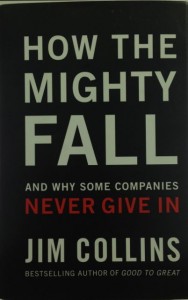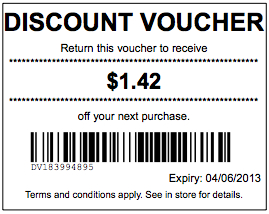No reason to discount Christmas cards right now
 I heard of a newsagency discounting boxed Christmas cards this week – buy one and get the second pack for 50% off. This is nuts in my view for a couple of reasons: boxed Christmas cards sell easily right now without discounting and if you are trying to drive loyalty then use a whole of business loyalty approach like discount vouchers or, groan, a points-based loyalty program.
I heard of a newsagency discounting boxed Christmas cards this week – buy one and get the second pack for 50% off. This is nuts in my view for a couple of reasons: boxed Christmas cards sell easily right now without discounting and if you are trying to drive loyalty then use a whole of business loyalty approach like discount vouchers or, groan, a points-based loyalty program.
Okay giving the second box of cards at half price may drive sales. I know in my own newsagencies it would not be useful since 73% of boxed card purchases are two or more boxes. Why would I discount for a volume purchase I would get regardless?
I suspect the newsagents running this promotion will find themselves discounting sales they would have got anyway.
It’s vitally important that discounting has a business purpose, that it results in purchases you would otherwise not have achieved. Structured discounting, beyond that to move dead stock, needs to be well thought through with justification deep within your business data. Doing it on a whim, based on gut feel or because you’re told to will more likely result in your giving away margin you need not give away.
The discount voucher approach, of a cash off the next purchase via a voucher printed on the receipt, is a whole of business approach. In my newsagency where we have been doing this since February, more than half the vouchers issues for greeting card purchases result in redemption purchases in other departments. It’s important we promote our whole business and not just isolated categories.
I’d encourage newsagents to think carefully before they run a Christmas card discount like the one I have described. Sure they will feel they are getting good sales. I suspect a review of business data will show they are unnecessarily giving away margin dollars. There’s no sense in that.




